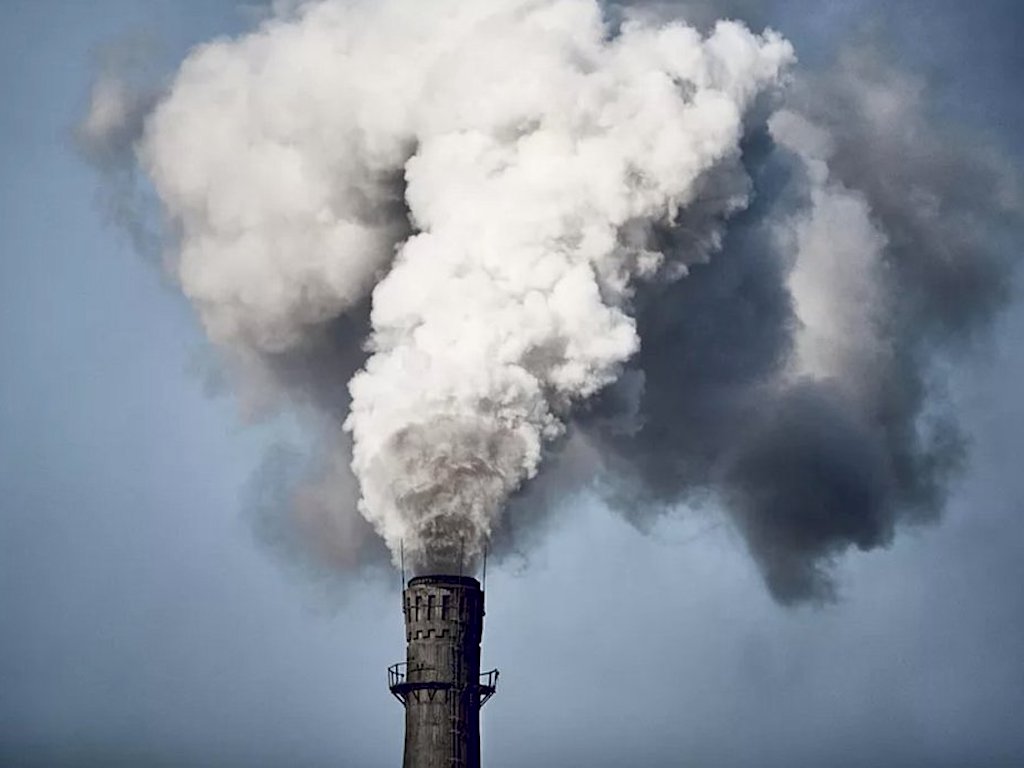3 Mins Read
Reports of localised air quality improvements during the coronavirus pandemic have given the false impression that the climate crisis is improving, warned experts from the United Nations Environment Programme (UNEP) his week. The most recent data of atmospheric and ice core concentrations of carbon dioxide show that levels are in fact rising sharply, suggesting that even amidst the reduced industrial activity and air travel, we are still not taking enough action to clamp down on global carbon emissions.
According to the latest data from the United States National Oceanic and Atmospheric Association (NOAA), global carbon dioxide concentrations are increasing significantly.
In April, the average concentration of carbon dioxide was 416.21 parts per million (ppm), the highest since records first began in Hawaii in 1958. Ice core measurements indicated that such levels have not been recorded in the past 800,000 years.
The UNEP’s World Environment Situation Room (WESR) also recorded a sharp increase in carbon dioxide concentrations of more than 100 ppm since March 1958.
While the curve of carbon dioxide levels this year has shown expected seasonal fluctuations, when we compare year-to-year concentrations, carbon dioxide levels are not only increasing, but accelerating due to anthropogenic carbon emissions.
“This is, of course, of great concern for our climate, and demonstrates yet again that urgent action is needed to reduce greenhouse gas emissions. To keep average global warming to 1.5°C, we need to achieve net zero emissions by 2040,” said director of UNEP and programme manager of the WESR Pascal Peduzzi.
The results show that optimistic reports about the coronavirus pandemic being effective to combat the climate crisis are unfounded. While air and land traffic and industrial activity has taken a significant hit due to the pandemic, which has led to a decline in carbon emissions, we are still not taking enough action.
UNEP says that the global electricity mix, for instance, is still predominantly sourced from fossil fuels. According to the World Energy Outlook data, 64% of our electricity supply comes from dirty energy sources, with 38% coming from coal, 23% from gas and 3% from oil.
Due to ongoing global heating, the likelihood and severity of wildfires will alarmingly increase as well, which will emit enormous amounts of additional carbon dioxide into the atmosphere.
“Without fundamental shifts in global energy production, we should have no reason to expect a lasting reduction in emissions,” said UNEP climate change expert Niklas Hagelberg.
Experts are calling for world governments to use the window of opportunity provided by the pandemic to transform the current unsustainable global system. They argue that fiscal stimulus and finance packages that are now being rolled out to alleviate the economic impact of the pandemic should prioritise decarbonisation and renewable and clean energy transition, which will also mean greater crisis-resilience in the future.
Earlier this year in March, the global energy watchdog International Energy Agency (IEA) warned that multi-billion dollar investments in clean energy investments that are necessary to help the world transition into a low carbon economy have too been impacted by Covid-19, and that current stimulus packages being rolled out amidst the global economic downturn need to be geared towards clean energy technologies to bring about faster change.
In China, where the economy is recovering from the pandemic, has already seen air pollution levels, carbon emissions output and energy use steadily increase since the end of March.
Read our earlier coverage of Covid-19 here.
Lead image courtesy of Getty Images.




